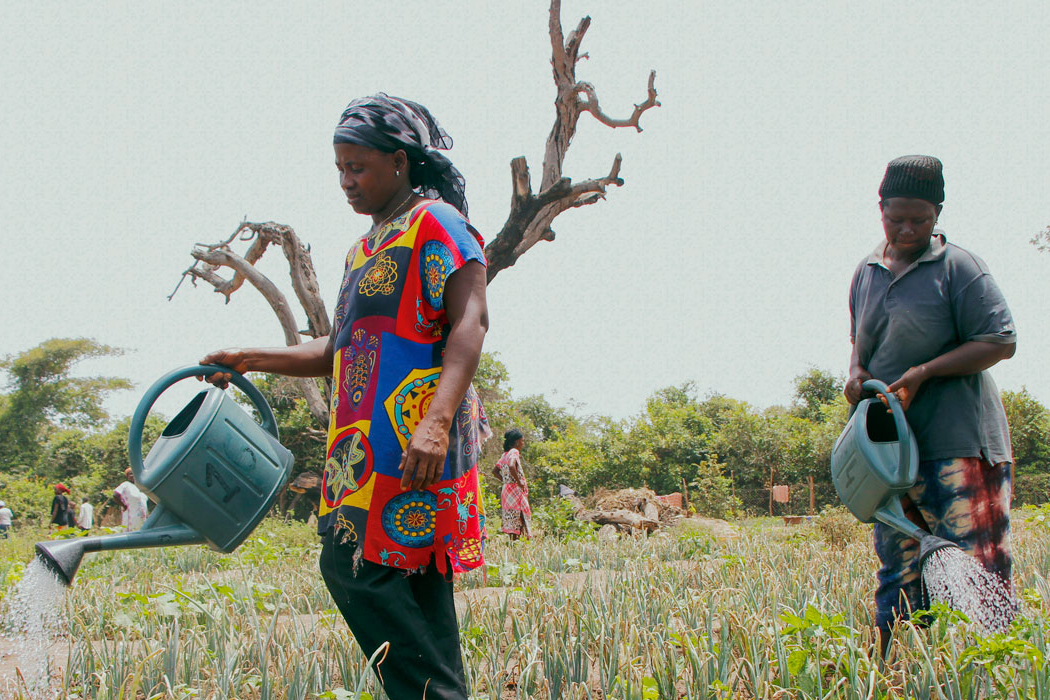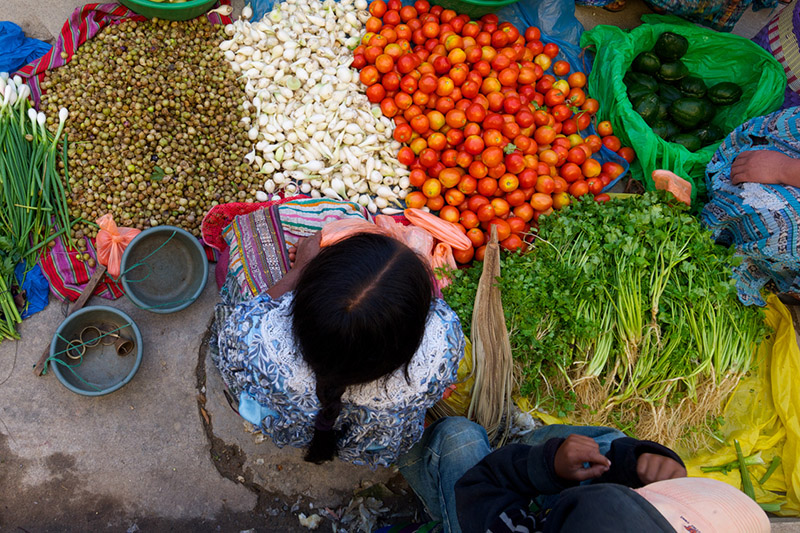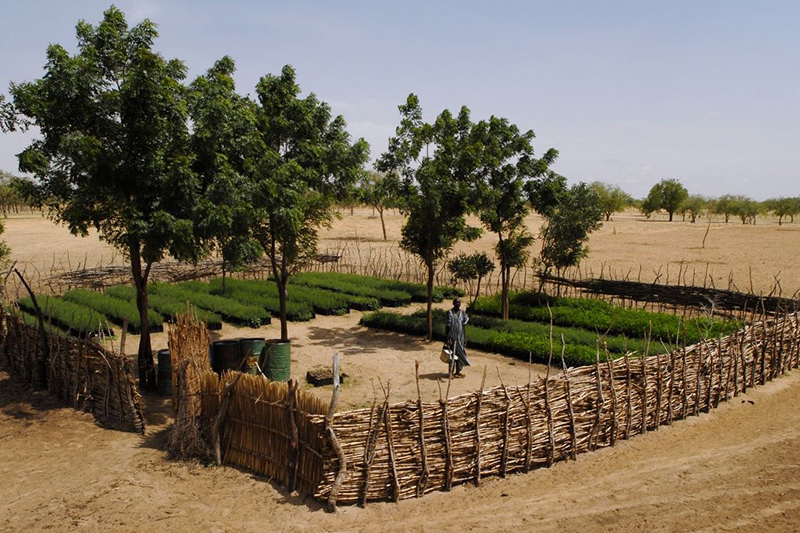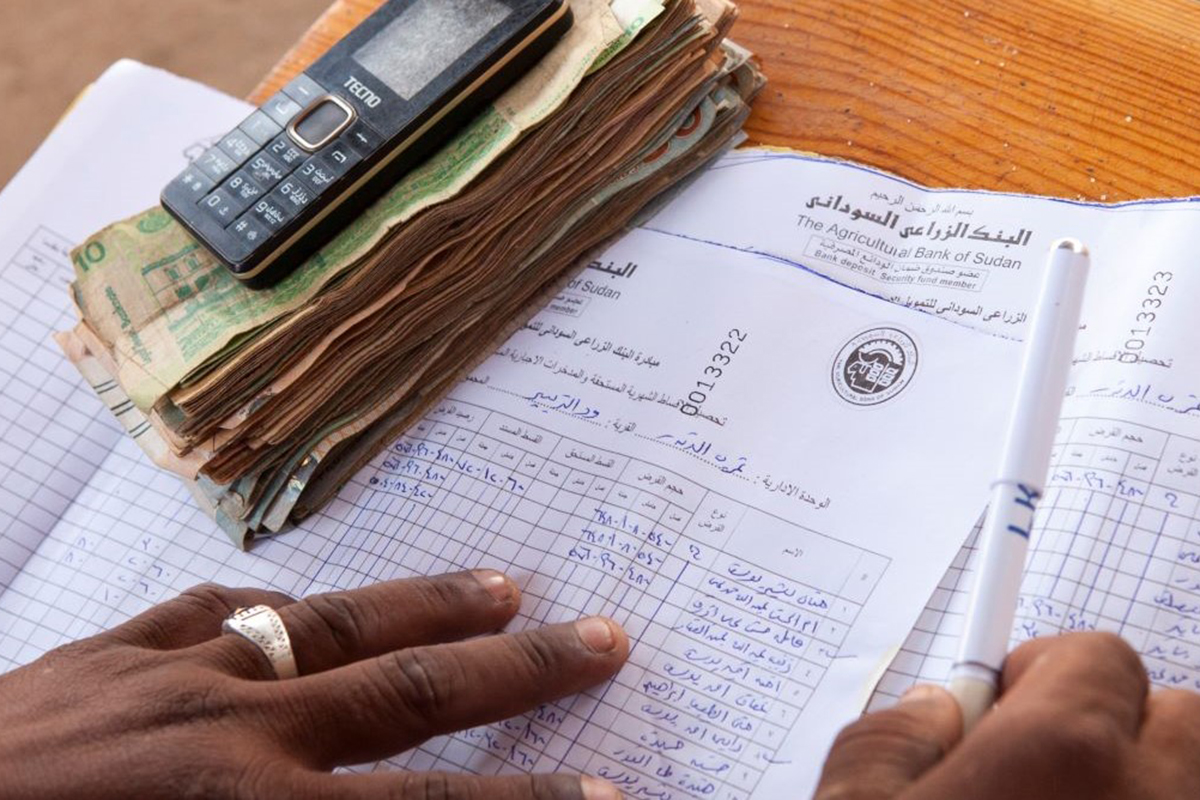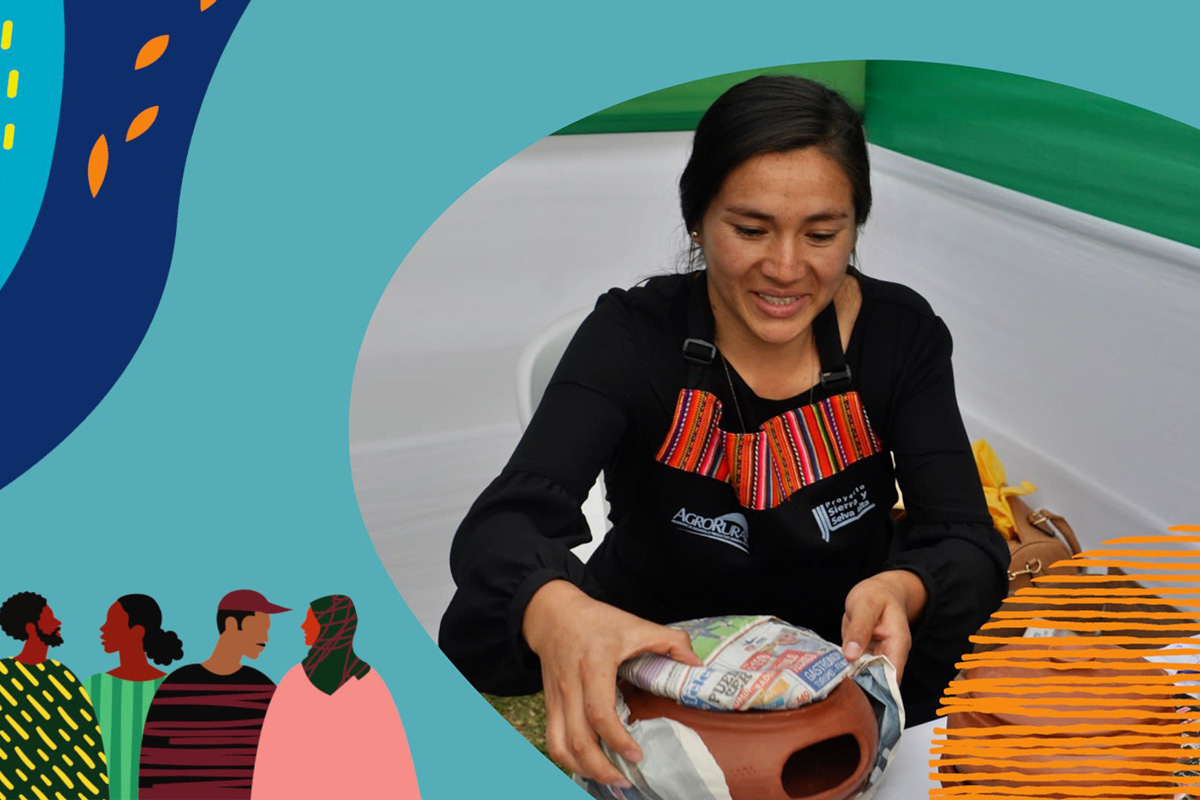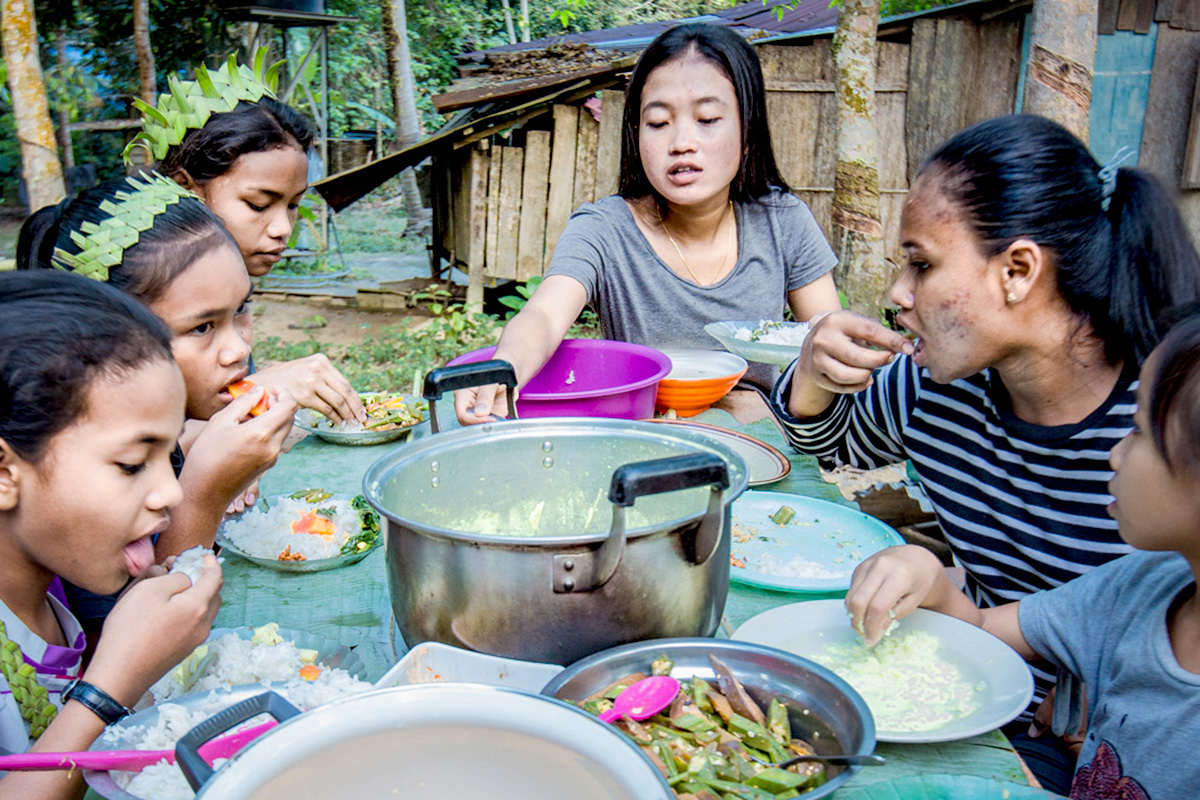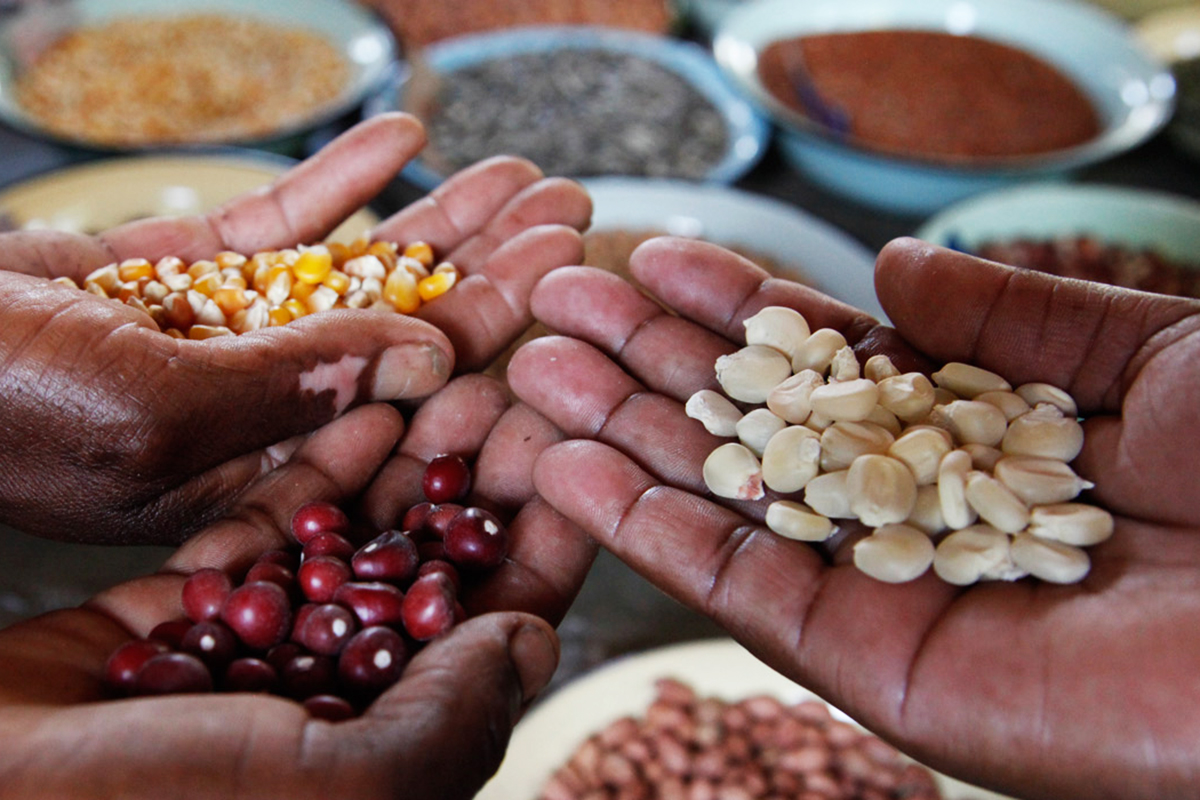Remittances continue to matter more than ever, particularly in rural areas where they count the most and provide opportunities towards rural transformation. IFAD presents 12 reasons why.
IFAD
Brazil’s north-eastern semi-arid region, known as sertão, is a land rich in culture and enchanting landscapes, but the harsh climate and lack of water make it difficult to earn a living here. Over recent decades, modern ingenuity has combined with traditional mutual aid systems to help communities. Key to any project’s success is the focus on nature-based solutions and working with local people. IFAD is an international financial institution and a specialized agency of the United Nations dedicated to eradicating poverty and hunger in rural areas of developing countries.
Don Lolo has been growing coffee on the slopes of El Playón in Honduras for over fifty years. Now, thanks to from IFAD’s Rural Poor Stimulus Facility, he is using an online banking app to apply for loans, manage savings, and reach new buyers. Rural savings banks are a lifeline for small rural communities in Honduras, allowing small-scale farmers like Don Lolo to save and plan for the future. Sixty-six banks have benefited from the programme, which launched the app and provided bank members with tablets and training.
Fifteen years ago, Africa’s leaders had a vision that would change the future of their continent. They imagined a thin but powerful green line strung between the Indian Ocean and the Atlantic: a strip of trees 8,000 km long and 15 km wide. It would trace the Sahel, the dryland region sandwiched between the Sahara desert to the north and the savannah to the south. Today, this vision has been refined. The Great Green Wall (GGW) is now envisioned. IFAD is among the guardians of this vision.
As the war in Ukraine pushes food, fuel and fertilizer prices toward record levels putting food security in many of the world’s poorest countries at risk, IFAD launches a Crisis Response Initiative to ensure that small-scale farmers in high-risk countries can produce food over the next few months to feed their families and communities while reducing the threat to future harvests. IFAD is calling on its Member States to contribute to the significant resources required to cover all 22 countries listed in the Initiative as priorities based on measures of need.
Irrigated crops, livestock, fisheries, aquaculture and forestry, account for roughly 70 per cent of total freshwater withdrawals globally. IFAD invests in multiple water use strategies in rural areas.
For another year, millions of small-scale farmers have been bearing the brunt of Climate Change and COVID19. Despite the challenges, they have been using everything from boats to goats to build resilience. IFAD was there to support them every step of the way.
Many people involved in agriculture do not consume enough food or benefit from a healthy diet. Although 63 per cent of low-income people worldwide work in agriculture – the overwhelming majority of them on small farms – many are at risk of food and nutrition insecurity. Farmers often must make difficult choices between what they consume and what they sell. Many of them sell most of what they produce, with little or nothing left for household consumption; others need to purchase most of their food at the market because they grow only one or a few crops.
IFAD answers why and how the world’s poorest rural dwellers should be helped to adapt to the changing climate.
Even as climate change takes hold, IFAD believes it’s possible to transform rural economies and food systems to make them more resilient, sustainable and inclusive, while also making them more productive and investment in small-scale farmers is key.
Staple crops in eight African countries could decrease by as much as 80 percent by 2050 in some areas if temperatures continue to rise due to climate change, according to a report released today by IFAD. This could have a catastrophic impact on poverty and food availability unless there is an urgent injection of funding to help vulnerable farmers adapt how and what they farm. The organisation warned that COP26 will fail to achieve a lasting impact if world leaders continue to prioritise mitigation and neglect investments in climate adaptation.
When it comes to the changes we need to make to our food systems, rural small-scale farmers are the on-the-ground experts. IFAD presents the people at the heart of our food systems.
IFAD works with rural and indigenous communities that hold valuable knowledge of species that are adapted to local environments and contribute to providing more diverse and nutritious diets.




